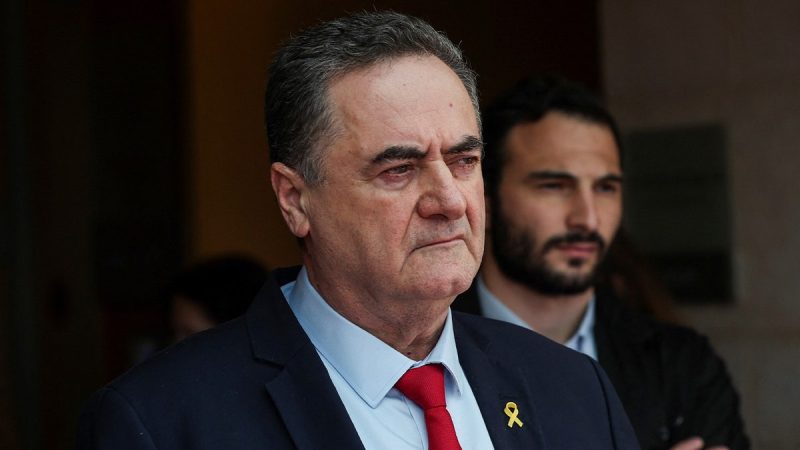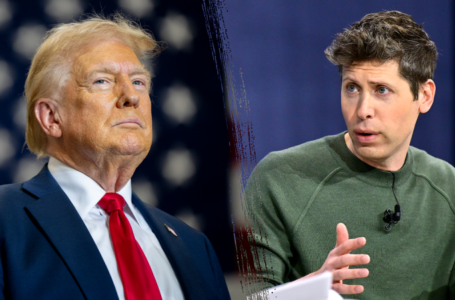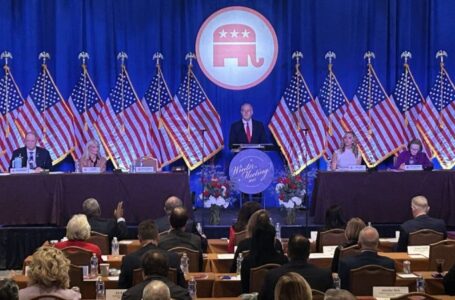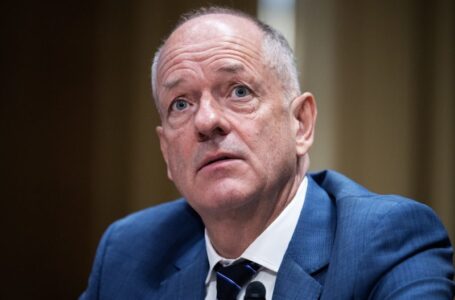Sam Altman’s OpenAI backing initiative headed by several anti-Trump staff pushing liberal causes
Israel warns it will go after Lebanon directly if cease-fire with Hezbollah collapses


Israel issued a direct warning to Lebanon on Tuesday and said it will no longer distinguish between Hezbollah and the country should the tenuous cease-fire with the terrorist group collapse.
‘There will no longer be an exemption for the state of Lebanon,’ Israeli Defense Minister Israel Katz said, according to the Times of Israel, adding that Jerusalem will ‘show maximum response and zero tolerance.’
‘[Beirut must] authorize the Lebanese army to enforce their part, to keep Hezbollah away beyond the Litani [River] and to dismantle all the infrastructure,’ Katz continued in reference to one of the 13-point agreements in the Wednesday cease-fire that said only the Lebanese army will operate in the area south of the landmark river.
‘If they don’t do it and this whole agreement collapses, then the reality will be very clear. First of all, if we return to war we will act strongly, we will go deeper and the most important thing they need to know, that there will be no longer be an exemption for the state of Lebanon,’ he added.
‘Until now we have distinguished between the state of Lebanon and Hezbollah, and between Beirut as a whole and Dahiyeh – which we have struck very hard – this will no longer be,’ Katz warned in reference to the Beirut suburb and previous Hezbollah stronghold.
The defense minister’s comments come after Israel fired a wave of strikes Monday evening that, according to The Associated Press, killed 11 people after Hezbollah launched two mortars at the Mount Dov area in the northern Golan Heights a contested area that is still internationally recognized as part of Syria, though which Israel has occupied since 1967.
The Trump administration recognized Israel’s sovereignty over the Golan Heights in 2019. The Biden administration continued with that policy, reaffirming it again in the summer following a deadly Hezbollah rocket attack on the town of Majdal Shams that killed 12 children.
The terrorist group said it levied the first strike since the cease-fire was signed less than a week ago in response to Israel’s ‘repeated violations’ involving Lebanese airspace, reported the Times of Israel.
The U.S. and France – which helped broker the truce – on Sunday and Monday also reportedly warned Israel it was violating the new agreement, including by conducting surveillance drone flights over Beirut.
However, despite the tit-for-tat exchange that has drawn into question the strength of the new cease-fire agreement, White House National Security Council communications adviser John Kirby told reporters on Monday the ‘sporadic’ air strikes were to be ‘expected.’
‘You’re talking about a war that’s been raging now for actually many years,’ he said. ‘If you think about it, certainly since Oct. 7, we went from hundreds of rocket attacks to basically zero by Hezbollah and dozens of airstrikes by Israel to one or two per day.’
‘There’s been a dramatic reduction in the violence,’ Kirby added.
Kirby said that in anticipation of similar strikes like those exchanged on Monday, there are ‘mechanisms’ in place that are working to stop the attacks.
‘That mechanism is in full force, and is working,’ he added without going into additional detail.











